
Commentaries | Nov 11,2023
Jun 26 , 2021
By Gilbert F. Houngbo
Climate change is accelerating, biodiversity is plummeting, hunger and extreme poverty are skyrocketing, and the gap between rich and poor is widening. Reversing these trends will require a shared effort to upgrade, and even rebuild, the systems on which we all depend—beginning with the global food system, writes Gilbert F. Houngbo, former prime minister of Togo and current president of the International Fund for Agricultural Development.
Humanity is drifting into increasing danger. Climate change is accelerating; biodiversity is plummeting; hunger and extreme poverty are rising; and the gap between rich and poor is widening. These trends threaten not only human health and livelihoods but also global peace and stability. Reversing them will require a shared effort to rebuild, and even upgrade, the systems on which we all depend—beginning with the global food system.
Even before the pandemic, our food systems were being disrupted by increasingly severe and frequent extreme weather, such as droughts, and by declining biodiversity. But they were also contributing to these disruptions, because the way we produce and distribute food accounts for more than 30pc of global greenhouse-gas (GHG) emissions. While the 2015 Paris climate agreement includes targets for reducing these emissions, the world is currently not on track to meet them.
Likewise, in 2015, United Nations member states agreed to the Sustainable Development Goal to end hunger, improve nutrition, and achieve food security (SDG 2) by 2030. Yet hunger has been on the rise for five years—a trend that the COVID-19 pandemic has accelerated significantly. In 2019, an estimated 690 million people were hungry, up by ten million from 2018 and by 60 million since SDG 2 was adopted. And at least three billion people cannot afford healthy diets. Today, 41 million people are on the brink of famine.
Rural livelihoods have also been under severe strain. Small-scale farmers generate half of the world’s food calories and are critical to household and community food security. Yet millions of small-scale producers and rural workers in the developing world are living in poverty.
The pandemic affords us a valuable opportunity to rethink the world’s food systems so that they can nourish the world’s population—which is expected to reach 9.7 billion people in 2050—and provide smallholder farmers with a decent living now and in the future. Any blueprint for such systems must place sustainability and equity at its foundation, and rural populations at its centre.
According to the Food and Land Use Coalition, established in 2017 by leading NGOs and advocacy organisations, the world could make considerable progress within just a decade. A concerted reform agenda to transform food systems could deliver up to 30pc of the emissions reductions needed to achieve the Paris climate agreement’s targets, while largely eliminating undernutrition, accelerating income growth for the bottom 20pc of the rural population, and significantly increasing food security (among many other objectives).
Of course, all of this would cost money: an estimated 300-350 billion dollars a year until 2030. But there is no doubt that it would be money well spent; an investment of less than 0.5pc of global GDP would generate a social return of around 5.7 trillion dollars annually.
Estimates by Ceres2030, an international research project working to advance progress toward SDG 2, paint a similar picture. They show that ending hunger, doubling the incomes of small-scale farmers, and limiting agricultural emissions in line with the Paris climate agreement will demand that donor governments double the amount they currently provide for food security and nutrition—an additional 14 billion dollars a year, on average—until 2030. Low-and middle-income countries would also have to contribute an additional 19 billion dollars a year from their own budgets.
To maximise the impact of these funds, they should flow directly to rural populations. And they should be complemented by efforts to enable the rural poor to seize economic opportunities not only in food production, but throughout food value chains, such as in processing, packaging, marketing, and services to the rural economy.
Beyond official assistance, public development banks must better align their financing, which represents 10pc of all global investment, with the Paris climate agreement and the SDGs. And the private sector, for its part, must invest more in sustainable and equitable food systems. Meaningful partnerships between small-scale farmers and bigger agribusinesses will be essential.
Innovative financial solutions should also be developed, with the goal of driving investment toward rural areas. Booming demand for impact-investment vehicles proves that such solutions can make a difference.
At the same time, rural populations need far easier access to targeted financial services, so that they can save, invest, and empower themselves to improve their livelihoods. This will require a major push from financial institutions: as it stands, only about 60pc of rural people have access to a bank account, but this does not necessarily translate into the use of savings or credit services.
The good news is that the world is waking up to the importance of investing in sustainability. Governments have already begun to “green” their public expenditures, and companies are slowly adjusting their business models, including their sourcing decisions, to align with sustainability imperatives. Now, we must capitalise on these trends to direct far more investment toward building knowledge-based, climate-resilient, diversified, and equitable agricultural systems in developing countries.
The upcoming Food Systems Summit, convened by UN Secretary-General António Guterres, presents a critical opportunity to kick-start this process. For the first time ever, governments, farmers, companies, and civil society from around the world are coming together to discuss ways to transform the way we grow, process, and consume food. At the summit, these discussions should culminate in concrete commitments by all relevant actors in every step of this process, from farm to fork.
We can build food systems that feed a global population of 9.7 billion. We can build systems that work for those who make them work, from the small-scale farmer to the supermarket employee. And we can build systems that are environmentally sustainable. The sooner we take up the challenge, the sooner humanity can start steering in a safer direction.
PUBLISHED ON
Jun 26,2021 [ VOL
22 , NO
1104]
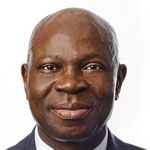

Commentaries | Nov 11,2023

Commentaries | Jun 08,2019
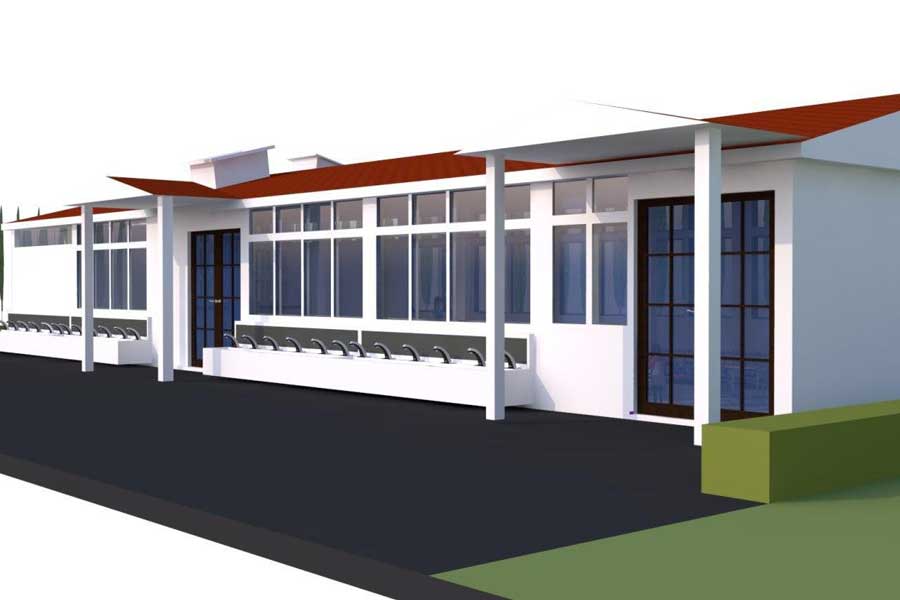
Fortune News | Oct 24,2020
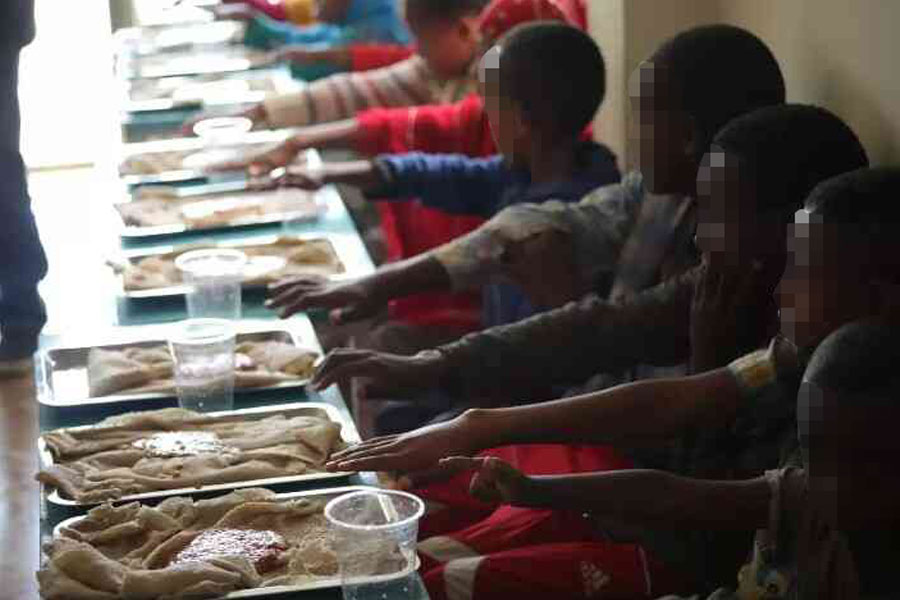
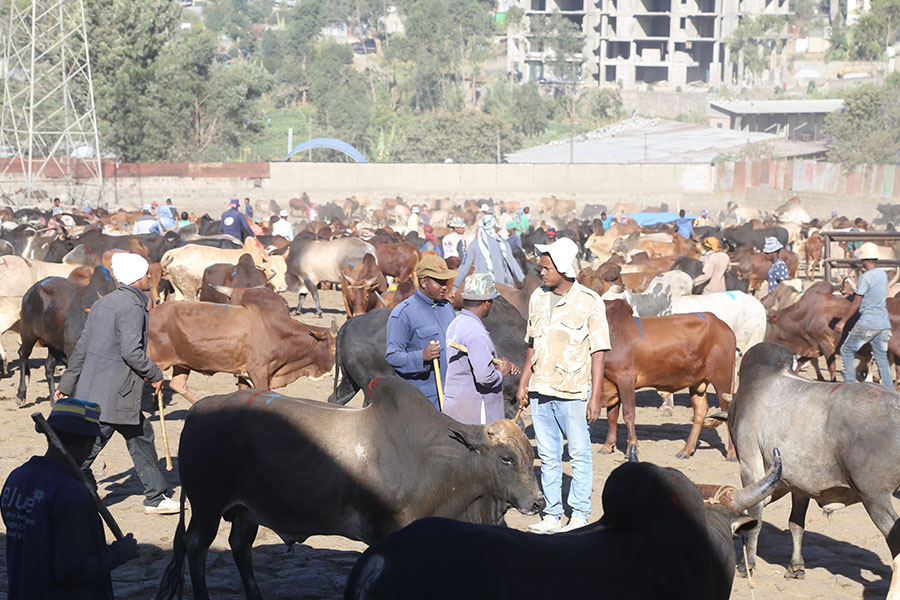
Fortune News | Jun 04,2022
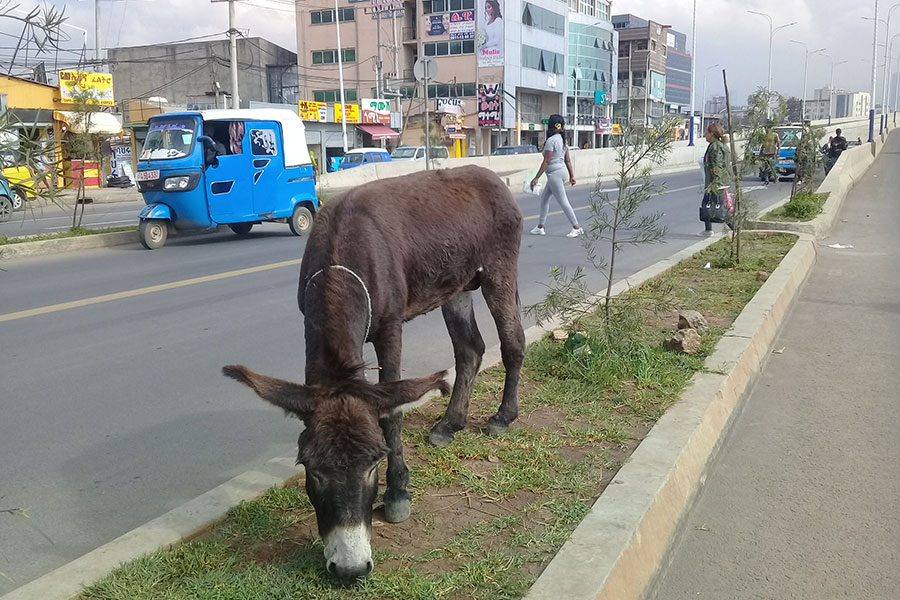
Radar | Sep 24,2022

Fortune News | Feb 20,2021

Radar | May 31,2020

Radar | Sep 11,2020

Commentaries | Aug 20,2022

Photo Gallery | 177754 Views | May 06,2019

Photo Gallery | 167967 Views | Apr 26,2019

Photo Gallery | 158663 Views | Oct 06,2021

My Opinion | 137005 Views | Aug 14,2021
Commentaries | Oct 25,2025

Dec 22 , 2024 . By TIZITA SHEWAFERAW
Charged with transforming colossal state-owned enterprises into modern and competitiv...

Aug 18 , 2024 . By AKSAH ITALO
Although predictable Yonas Zerihun's job in the ride-hailing service is not immune to...

Jul 28 , 2024 . By TIZITA SHEWAFERAW
Unhabitual, perhaps too many, Samuel Gebreyohannes, 38, used to occasionally enjoy a couple of beers at breakfast. However, he recently swit...

Jul 13 , 2024 . By AKSAH ITALO
Investors who rely on tractors, trucks, and field vehicles for commuting, transporting commodities, and f...

Oct 25 , 2025
The regulatory machinery is on overdrive. In only two years, no fewer than 35 new pro...

Oct 18 , 2025
The political establishment, notably the ruling party and its top brass, has become p...

Oct 11 , 2025
Ladislas Farago, a roving Associated Press (AP) correspondent, arrived in Ethiopia in...

Oct 4 , 2025
Eyob Tekalegn (PhD) had been in the Governor's chair for only weeks when, on Septembe...

Oct 25 , 2025 . By YITBAREK GETACHEW
Officials of the Addis Abeba's Education Bureau have embarked on an ambitious experim...

Oct 26 , 2025 . By YITBAREK GETACHEW
The federal government is making a landmark shift in its investment incentive regime...

Oct 27 , 2025
The National Bank of Ethiopia (NBE) is preparing to issue a directive that will funda...

Oct 26 , 2025 . By SURAFEL MULUGETA
A community of booksellers shadowing the Ethiopian National Theatre has been jolted b...